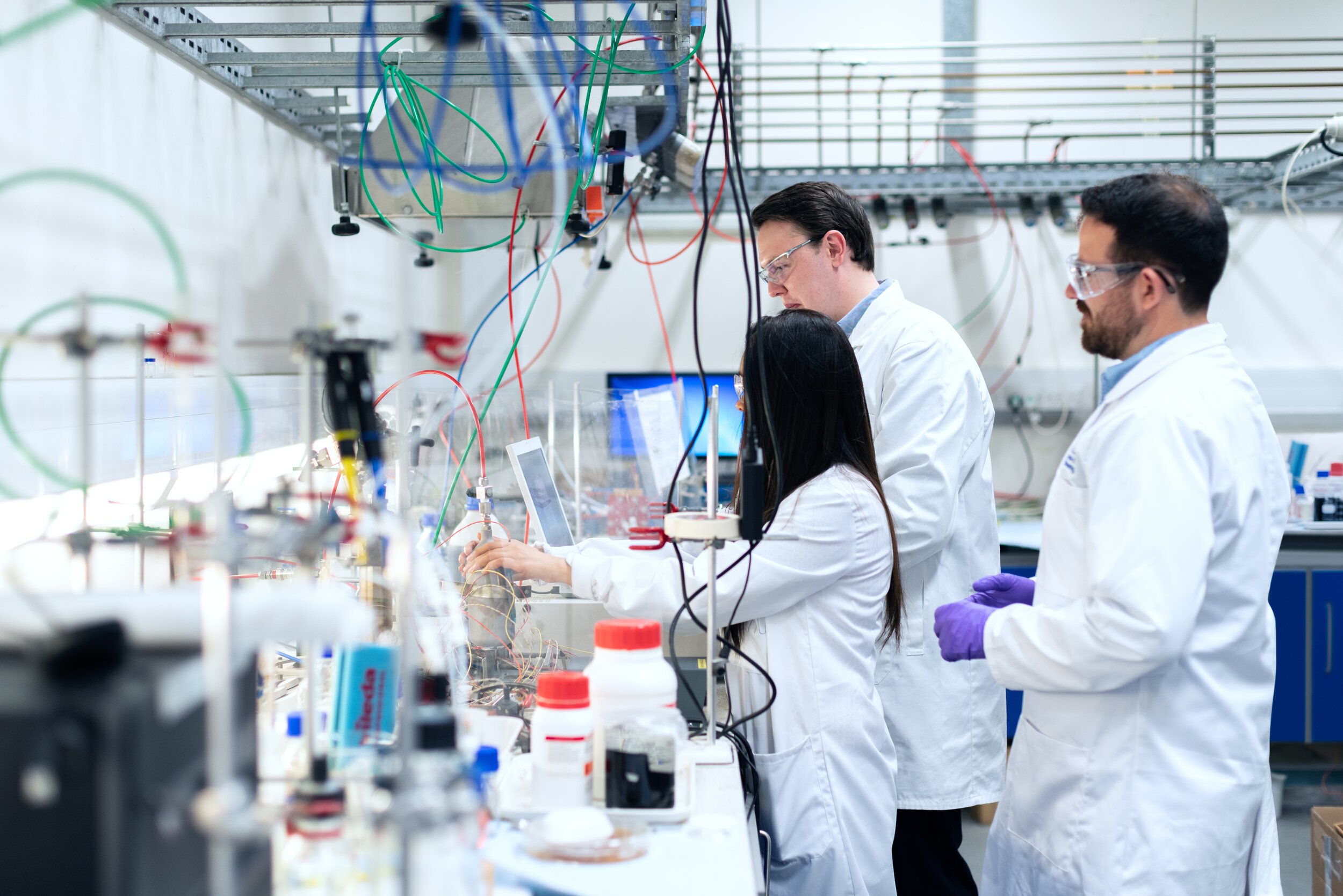Blogs

Clinical Trial Research Aimed at Assessing Behavioral, Surgical, and Medical Intervention

CNR: What Should Clinical Research Nursing Students be Reading

Clinical Cancer Research and Areas That Hold Interest

Different Categories of Clinical Research Jobs Available as Careers

The Job Description of a Clinical Research Associate

